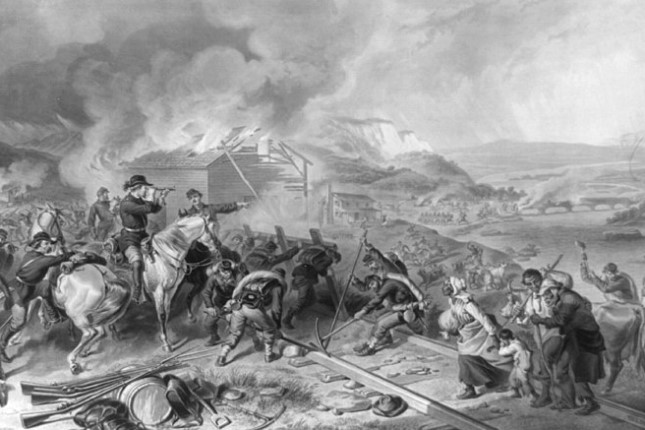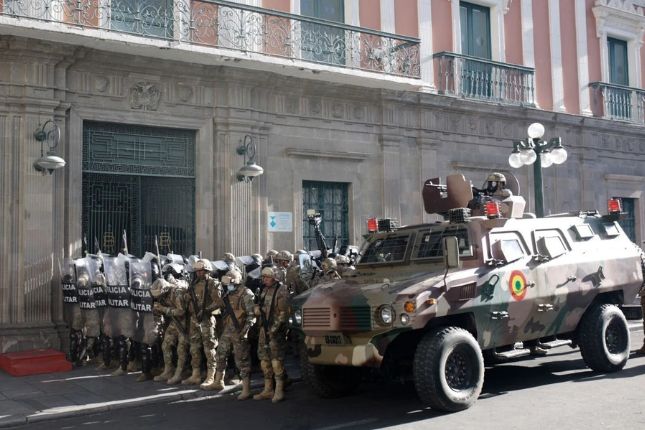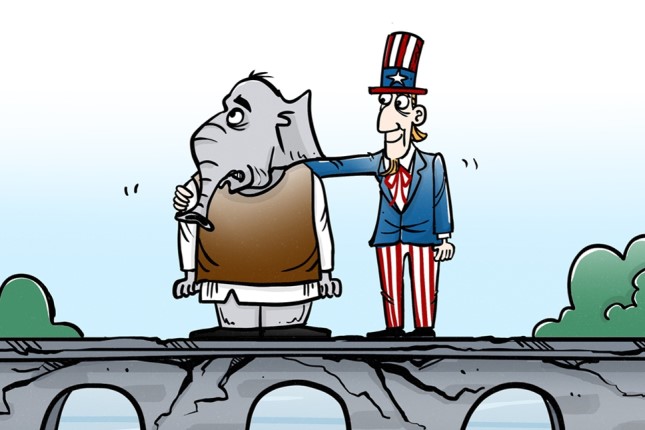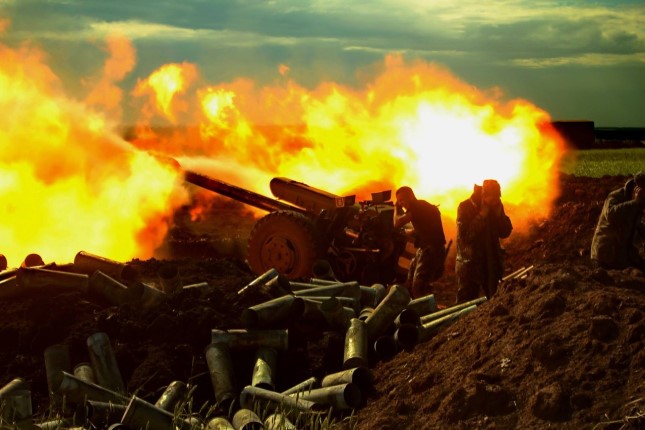“You people of the South don’t know what you are doing,” William Tecumseh Sherman told David F. Boyd in 1860. “This country will be drenched in blood, and God only knows how it will end. It is all folly, madness, a crime against civilization! You people speak so lightly of war; you don’t know what you’re talking about. War is a terrible thing!”
Nine years later, Sherman re-emphasized that sentiment in an address to the Michigan Military Academy’s graduating class of 1879: “You don’t know the horrible aspects of war. I’ve been through two wars and I know. I’ve seen cities and homes in ashes. I’ve seen thousands of men lying on the ground, their dead faces looking up at the skies. I tell you, war is Hell!”
In between, Sherman became one of the most famous – and, in the south, infamous – fighting generals of The Late Unpleasantness, aka the Civil War. Every time I quote him in a column, I receive an outraged comment or two from fellow southerners. His “March to the Sea,” culminating in his presentation of Savannah, Georgia to US president Abraham Lincoln as a “Christmas gift” 159 years ago this month, remains a sore spot down here.
I’m not going to stop quoting him, though. He’s someone I’d like American soldiers and policymakers to listen to.
When it comes to speaking knowledgeably about war, few can boast the credentials he amassed on the subject – two wars, one as a junior officer and one as a general, rounding out his career with command of the entire US Army.
As for politics: “I hereby state, and mean all I say,” he told Harper’s Weekly in 1871, “that I never have been and never will be a candidate for President; that if nominated by either party I should peremptorily decline; and even if unanimously elected I should decline to serve.” He reaffirmed that in 1884 when approached about seeking the Republican presidential nomination.
These days, most American generals seem to have one foot in the armed forces, one in politics, and both racing toward the revolving door that leads to big lobbying salaries from “defense” contractors.
While “civilian control of the military” strikes me as a good thing, there’s something to be said for emphasizing Sherman in America’s service academies and boot camps. To the extent that they advise politicians, officers should be recommending against, not encouraging, perpetual and deadly foreign military adventurism.
Photo: Sherman’s march to the sea © F.O.C. Darley / Public Domain.
Source: AntiWar.
































